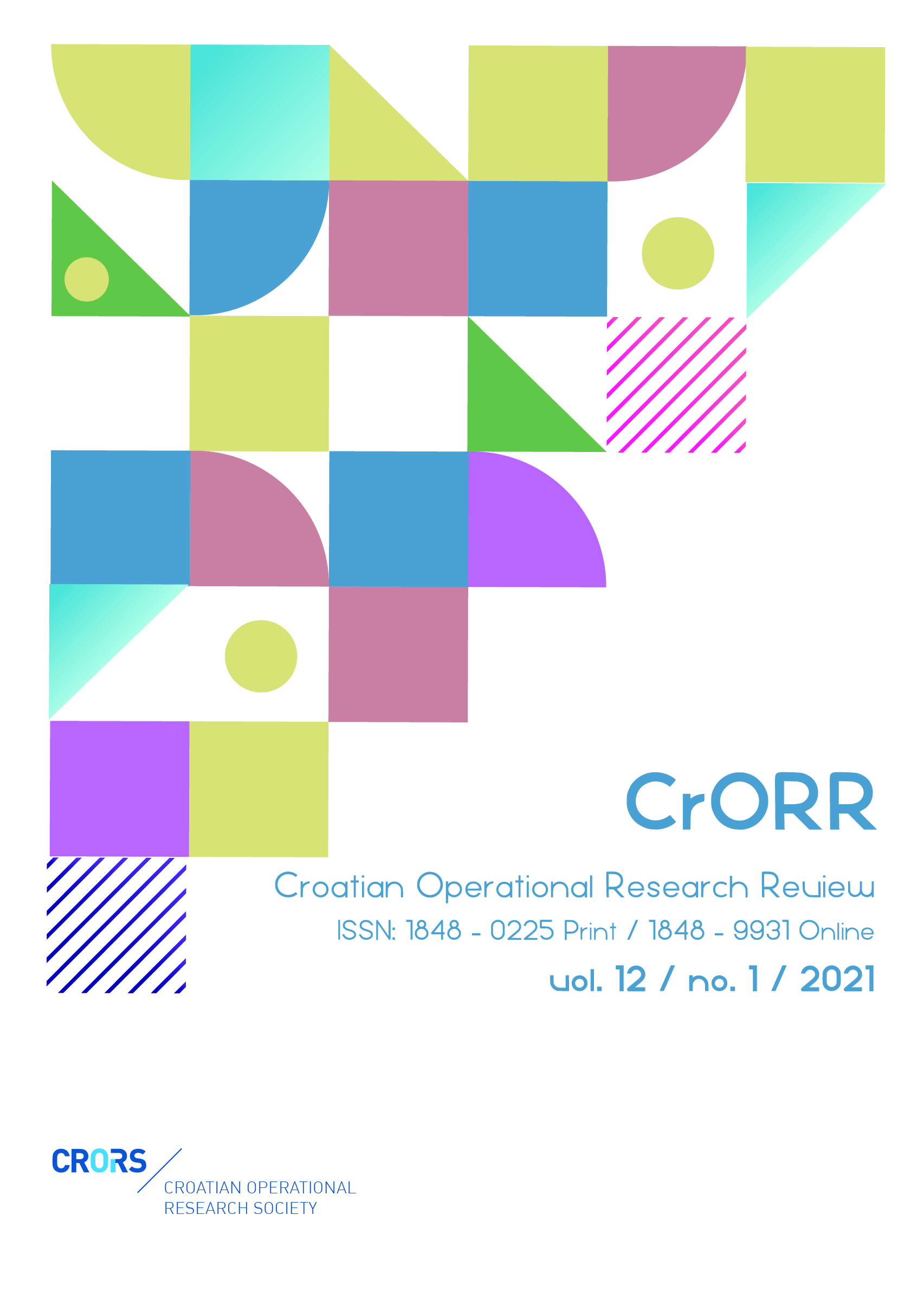Multicriteria analysis of the quality of teaching process in higher education: how to evaluate implementation of critical thinking
Abstract
One of the main goals of any higher education system is developing students’ critical thinking. Critical thinking contributes to decision-making and problem-solving skills, whether for professional or personal purposes. Teaching, on the other hand, has been largely influenced by new information technologies which have changed some of the related concepts and tools. The quality of the teaching process is multidimensional which is why no single unit of its measurement has been developed yet, in spite of numerous surveys that have collected massive amounts of information from the existing practice. The aim of this paper is to establish the most appropriate higher education quality measure, which would consist of all relevant indicators from different aspects, including implementation of critical thinking in the teaching process, weighting by two main groups of participants in the process - teachers and students. Multicriteria decision-making has been recognised as a suitable framework for achieving this goal. In fact, the problem of measuring teaching staff performance could be set up as a classical problem of multicriteria decision-making. With this approach the quality of teaching process should be simultaneously estimated by n quality assurance criteria and in accordance with those criteria m alternatives (professors) would be ranked or estimated.
Downloads
Published
Issue
Section
License
- Authors retain copyright and grant the journal right of first publication with the work simultaneously licensed under a Creative Commons Attribution License that allows others to share the work with an acknowledgement of the work's authorship and initial publication in this journal
- Authors are able to enter into separate, additional contractual arrangements for the non-exclusive distribution of the journal's published version of the work (e.g., post it to an institutional repository or publish it in a book), with an acknowledgement of its initial publication in this journal.
- Authors are permitted and encouraged to post their work online (e.g., in institutional repositories or on their website) prior to and during the submission process, as it can lead to productive exchanges, as well as earlier and greater citation of published work (See The Effect of Open Access).


